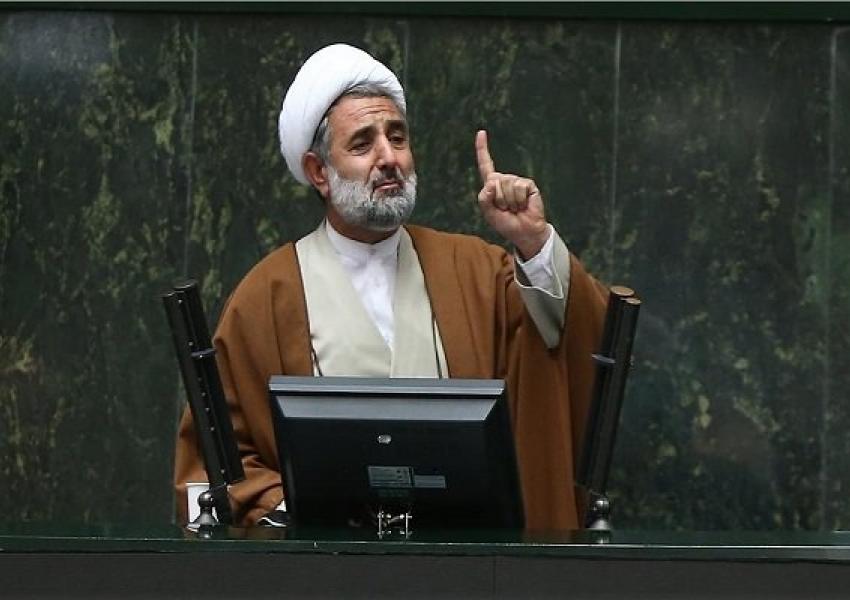
Top Iran Lawmaker Says Failure In Vienna Means Less Nuclear Inspection
An influential hardliner in Iran’s parliament has promised further limitations on monitoring by the United Nations nuclear watchdog if no agreement is reached in nuclear talks underway in Vienna.
Mojtaba Zolnour (Zonnoor), chairman of parliament’s national security and foreign affairs committee, told Tasnim news agency on Saturday that if the talks failed, Iran would not renew a three-month access agreement with the International Atomic Energy Agency (IAEA) set to end on May 24.
On February 23 Iran stopped allowing IAEA snap inspections and instead agreed a “temporary technical understanding” with IAEA chief Rafael Mariano Grossi. The limit on inspections followed the November 27 killing of Iranian nuclear scientist Mohsen Fakhrizadeh, widely attributed to Israel, and was part of an Iranian decision in December to ramp up pressure on the incoming Biden administration to lift crippling sanctions imposed by the Trump team after the 2018 US withdrawal from the Joint Comprehensive Plan of Action, JCPOA.
Zolnour, an influential principlist politician and formerly deputy representative of Supreme Leader Ali Khamenei in the Revolutionary Guards, said that “nothing new” had happened in Iran’s talks with world powers in Vienna − including indirectly the US – aimed at reviving the JCPOA. He described the talks as “attritional,” a term that has been used in Tehran to emphasize the challenges presented in the talks.
Zolnour stressed that if negotiators could not break a deadlock, then Iran would carry through a decision to stop video recording at its nuclear facilities – currently being done through the temporary IAEA agreement – and allow inspections only under the terms of its obligations as a signatory to the Nuclear Non-Proliferation Treaty rather than its Additional Protocol, which Iran previously implemented, and which gave additional access to IAEA inspectors. Zolnour said this would be Iran’s “first step” if the talks failed.
Both Iran and the US have noted the seriousness of the other side in the talks, where Tehran-Washington discussion is mediated by European powers. Challenges remain in agreeing exactly which US sanctions violate the JCPOA and how precisely Iran should return to the nuclear limits set by the deal – as well as how to sequence the two processes.
Echoing the argument of JCPOA critics in Washington, Zolnour demanded that the parliament should be appraised of any deal reached in Vienna. If agreements reached were within the JCPOA framework, parliament would have no need to approve them, he argued, but any new obligations would require parliamentary approval.
Asked at the White House on Friday if he thought Tehran was serious about talks, President Joe Biden replied: "Yes, but how serious, and what they are prepared to do is a different story. But we're still talking." Biden came to office promising to revive the JCPOA but has continued the sanctions-based ‘maximum pressure’ of his predecessor as talks on reviving the deal continue.





